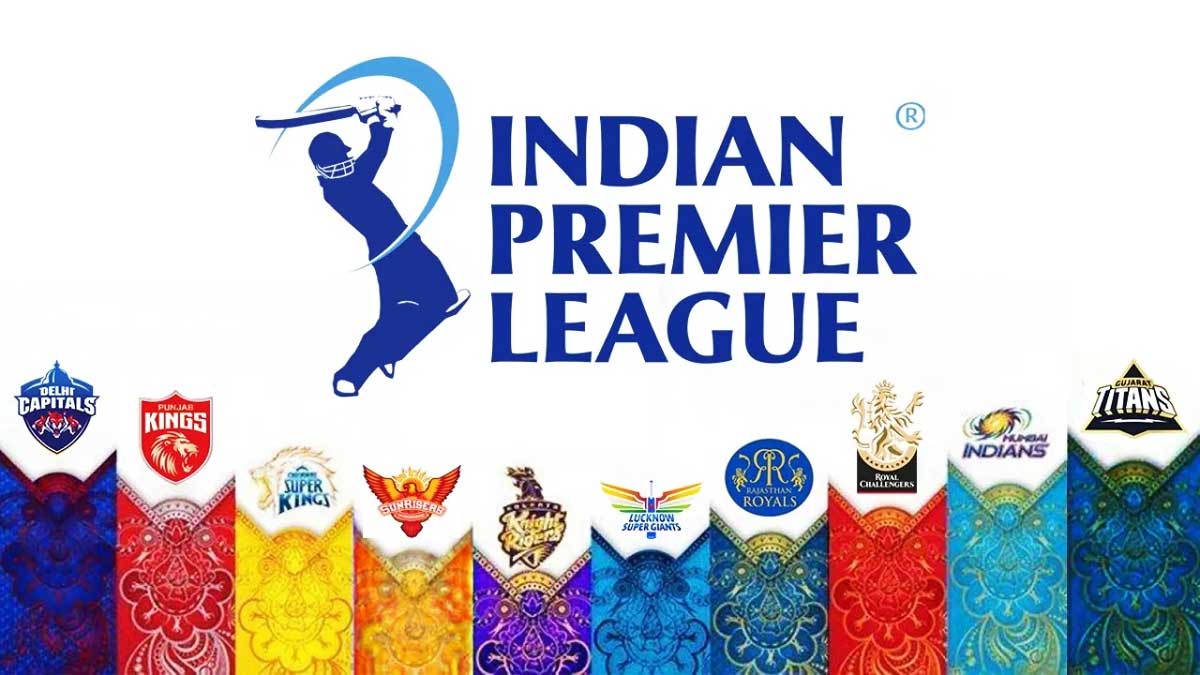Money-making IPL returns to wield monopoly
Income Premier League returns

Money-making Ipl returns to wield monopoly. The anticipation surrounding the return of the Indian Premier League (Ipl) is undeniable, heralding the commencement of its 17th season on March 22 with all the pomp and spectacle that fans have come to expect. Since its inception, the Ipl has ascended to become a behemoth in the world of sports, standing shoulder to shoulder with the likes of the National Football League in the US and the English Premier League in terms of its immense value and corporate stature.
However, amidst the fervor of cricketing excellence, whispers of the Ipl being dubbed as the "Income Premier League" reverberate within cricketing circles. The staggering wealth and allure associated with the tournament have led stakeholders, including players and cricket boards from various countries, to realign schedules and priorities to accommodate the cash-rich league. The fear of losing players to the allure of Ipl riches looms large, prompting drastic measures to ensure their participation.
Regrettably, the pursuit of wealth has sometimes overshadowed the spirit of the game, with instances of players resorting to dubious means to prioritize Ipl commitments. Controversies surrounding players like Shreyas Iyer, Hardik Pandya, Ishan Kishan, and others serve as stark reminders of the ethical dilemmas posed by the Ipl's financial allure. The disregard for counsel from former legends urging players to prioritize national duty underscores the pervasive influence of money in modern sports.
Beyond the glittering facade lies a darker underbelly, characterized by the proliferation of illegal betting, match-fixing, and gambling. The Ipl's immense popularity has inadvertently fueled the growth of an underground betting industry, rife with corruption and organized crime syndicates. Instances of match-fixing and spot-fixing have tainted the league's integrity, casting a shadow over its otherwise illustrious legacy.
Despite these challenges, the Ipl remains a formidable economic force, driving unprecedented growth and investment in India's cricketing ecosystem. The tournament's revenue streams, encompassing ticket sales, broadcasting rights, sponsorships, and merchandise, have not only transformed the financial landscape of cricket but have also created a multitude of employment opportunities across various industries.
Moreover, the convergence of the Ipl with India's general elections presents a unique opportunity for investors to capitalize on the heightened economic activity. As fans flock to restaurants, pubs, and food delivery platforms during the tournament, companies anticipate a surge in consumer spending, amplifying the economic impact of the Ipl season.
In conclusion, while the Ipl epitomizes the pinnacle of cricketing entertainment, its legacy is marred by ethical quandaries and challenges. Yet, amidst the controversies, the Ipl remains a testament to India's sporting prowess and economic dynamism, promising continued growth and prosperity in the years to come.




 Kushi Kapoor to star in Uppena Hindi remake
Kushi Kapoor to star in Uppena Hindi remake NTR dancing and singing in Goa
NTR dancing and singing in Goa